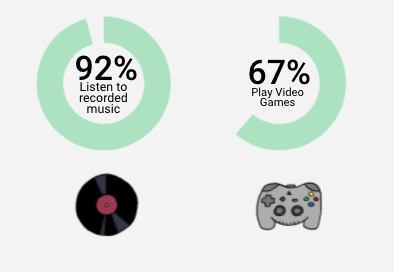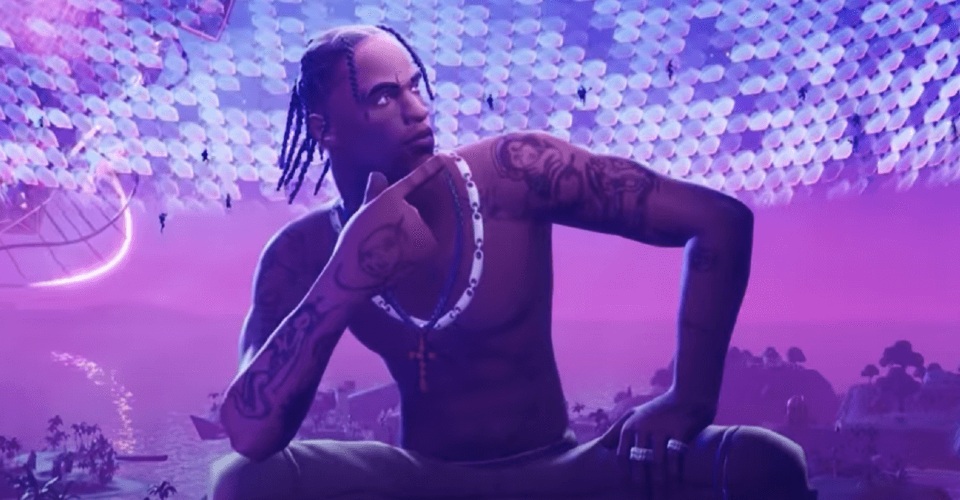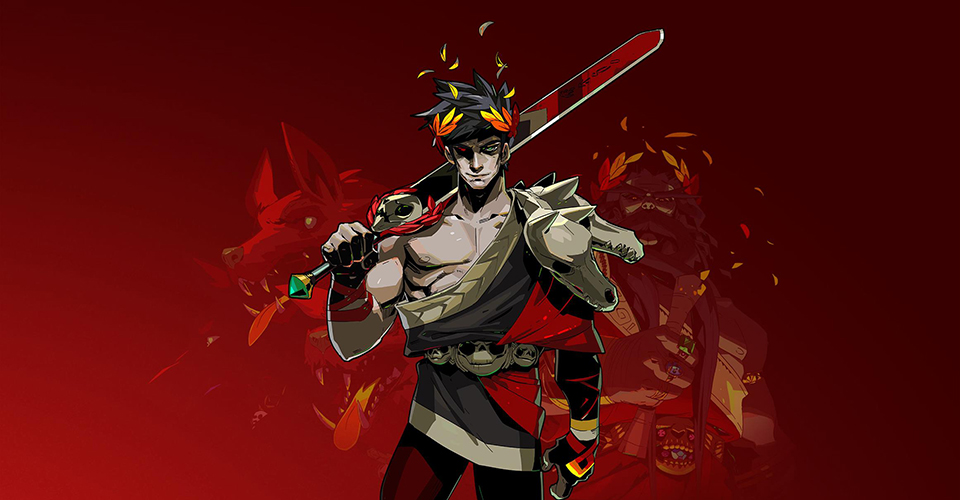Where music and gaming collide: a 2021 snapshot

Diversification and future proofing in uncertain times
July 1, 2021
Sydney Sounds: now featured on the Ableton Blog
July 15, 2021The industries of music and gaming, both gigantic in their influence, may be more closely related than you think.
When Happy Media launched a dedicated gaming channel in March 2020, I was surprised by the members of our audience who came out of the woodwork with positive feedback. Touring musicians, professional audio engineers, visual artists, and casual readers alike expressed their excitement that Happy Mag news was dipping into gaming – people you wouldn’t necessarily imagine when you thought of a ‘gamer’.
That lesson has only solidified itself in the past 15 months since Clocked launched. More and more the team is realising that gaming and music shouldn’t be thought of as separate to each other. There’s more crossover than you’d think, and the line between the two is only getting blurrier.
On the ground
On a data level, two markets with pervasive popularity are bound to intersect. In 2019, the Australia Council Arts Participation Survey noted that 92% of young Australians listen to recorded music and 67% play video games.
And on a more metaphysical level, both industries are art forms, and art is dictated by the interests of its maker. Games with a hugely important musical component, either in their soundtrack or through in-game integrations seen in Guitar Hero, Fuser, Beat Saber, and similar games, are becoming more common.

% of Young Australians Interested in Gaming and Music
Likewise, musicians are wearing their gaming hobby on their sleeve in a way had previously only been seen in more niche communities.
Clocked has interviewed ARIA-winning musicians Seth Sentry and Montaigne about their gaming habits and respective shifts to live streaming during the pandemic. Brit Award nominee Aitch told us about his charity FIFA matches, and Sydney artists Owen Penglis (Straight Arrows) and Zoey Catterall (The Buoys) recorded original tracks inspired by the hellish world of DOOM. Woodes invited us to the launch of her debut album inside Minecraft.
The popularity of one industry feeds another, providing two-way inspiration. When they intersect, artists, game developers, and brands are doing themselves a service by playing into not one, but two, of the world’s most enthusiastic entertainment markets. We can only imagine what The Sims 5 will bring to the table.
On the big stage
But in the scheme of things, these are micro examples. The intersection of gaming and music stretches all the way from the local producer sampling a forgotten Street Fighter sound effect to each industry’s biggest players.
Drake, Charli XCX, MF DOOM, Wiz Khalifa, Burial, Aphex Twin, and more of the world’s most name-dropped musicians are prolific video game samplers, and video game composers such as Mick Gordon (DOOM) and C418 (Minecraft) now have more monthly Spotify listeners than actual rockstars.
READ: 20 famous songs and the iconic video games they sampled via Happy Mag
Influencer marketing has also started to shift its focus outside of classic gaming or music spaces, reaching beyond their established audiences into other, equally exciting ones. Fortnite has drawn performances from literal chart-toppers BTS and Travis Scott, as well as releasing skins depicting Major Lazer, Afrojack, Marshmello, and more.
Scott also fronted a major influencer component in the PlayStation 5’s worldwide marketing campaign, appearing in an ad, hosting a launch event for the console, and designing a limited sneaker emblazoned with the old-school PlayStation logo.
Cyberpunk 2077, despite its disastrous launch, had an incredible music component where Grimes, De La Soul, and a range of other artists composed original songs for the game’s soundtrack. Taking things a step further, Swedish punk band Refused (of The Shape of Punk to Come fame) composed an entire album’s worth of songs, in character, as the fictional in-game band Scorpion. Soon afterwards, they found out Keanu Reeves would play the band’s frontman.
These are but a few examples, all from the last 18 months alone, that showcase where these two industries are headed – and it’s not in parallel lines. Happy Media and Clocked are very excited to play even our small part in this phenomenon, continuing to celebrate this very exciting little section of the Venn diagram.



